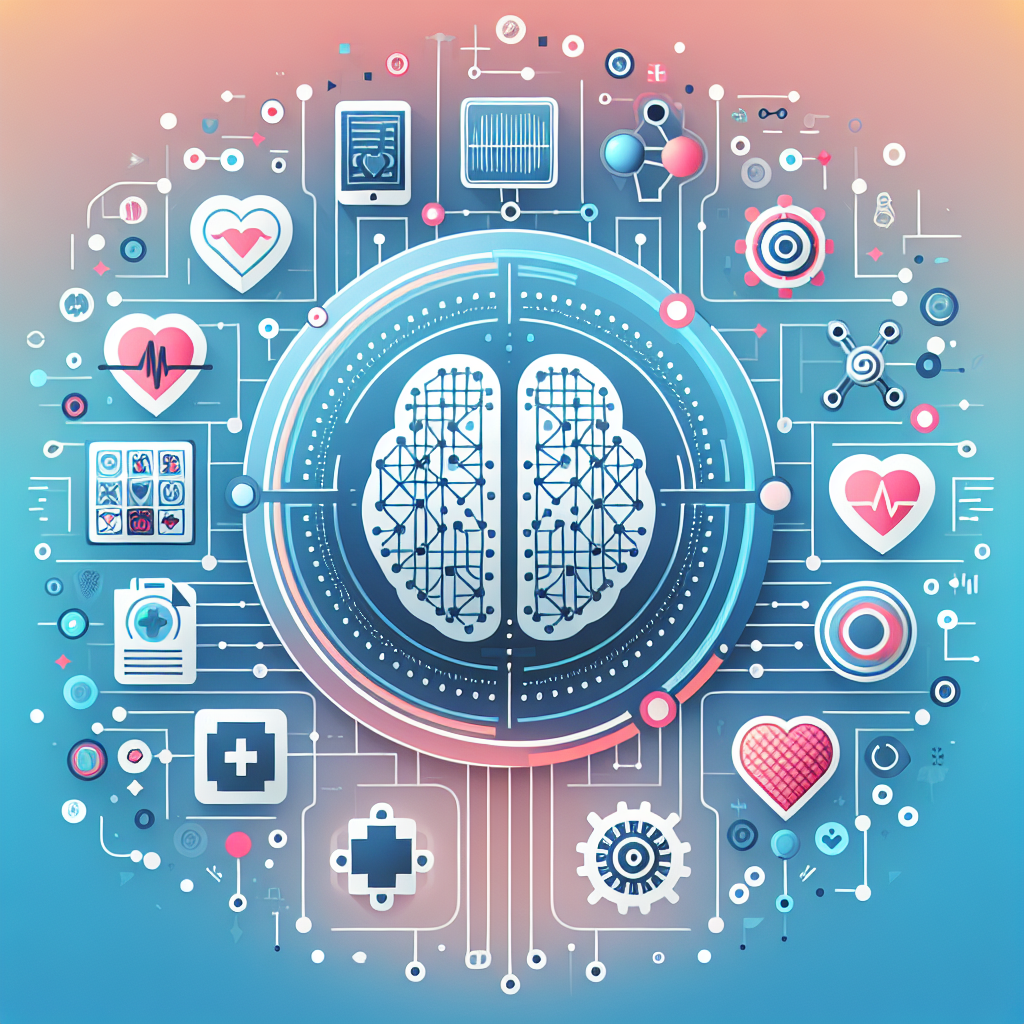Artificial General Intelligence (AGI) is a term that refers to the development of machines that are capable of understanding and performing any intellectual task that a human being can. While AGI is still in its early stages of development, it holds the potential to revolutionize many industries, including healthcare.
The Future of Healthcare
The healthcare industry is one of the most important and rapidly evolving sectors in the world. With advancements in technology and an aging population, the demand for healthcare services is only increasing. AGI has the potential to transform the healthcare industry in numerous ways, from improving diagnosis and treatment to streamlining administrative processes and reducing costs.
One of the most significant ways that AGI is transforming healthcare is through the use of machine learning algorithms to analyze vast amounts of data. By analyzing patient data, medical records, and other relevant information, AGI can help healthcare providers make more accurate diagnoses and develop more effective treatment plans. This can lead to better outcomes for patients and lower costs for healthcare providers.
Another way that AGI is transforming healthcare is through the development of personalized medicine. By analyzing a patient’s genetic information, lifestyle factors, and medical history, AGI can help healthcare providers tailor treatments to the individual needs of each patient. This can lead to more effective treatments and better outcomes for patients.
AGI is also being used to automate and streamline administrative processes in healthcare. By using natural language processing and other AI technologies, AGI can help healthcare providers manage appointments, process insurance claims, and perform other administrative tasks more efficiently. This can save time and reduce costs for healthcare providers, allowing them to focus more on providing quality care to patients.
FAQs about AGI and the Future of Healthcare
Q: What is Artificial General Intelligence (AGI)?
A: Artificial General Intelligence (AGI) refers to the development of machines that are capable of understanding and performing any intellectual task that a human being can. While AGI is still in its early stages of development, it holds the potential to revolutionize many industries, including healthcare.
Q: How is AGI transforming the healthcare industry?
A: AGI is transforming the healthcare industry in numerous ways, from improving diagnosis and treatment to streamlining administrative processes and reducing costs. By analyzing vast amounts of data, AGI can help healthcare providers make more accurate diagnoses and develop more effective treatment plans. It can also help personalize medicine and automate administrative tasks.
Q: What are some examples of AGI applications in healthcare?
A: Some examples of AGI applications in healthcare include the use of machine learning algorithms to analyze patient data and medical records, the development of personalized medicine based on genetic information, and the automation of administrative processes such as appointment scheduling and insurance claims processing.
Q: What are the benefits of AGI in healthcare?
A: The benefits of AGI in healthcare include more accurate diagnoses, more effective treatments, personalized medicine tailored to individual patient needs, and streamlined administrative processes that save time and reduce costs for healthcare providers.
Q: Are there any challenges or risks associated with AGI in healthcare?
A: Some challenges and risks associated with AGI in healthcare include concerns about data privacy and security, the potential for bias in AI algorithms, and the impact on jobs in the healthcare industry. It is important for healthcare providers to carefully consider these issues and implement safeguards to mitigate risks.
In conclusion, Artificial General Intelligence (AGI) holds the potential to revolutionize the healthcare industry by improving diagnosis and treatment, personalizing medicine, and streamlining administrative processes. While there are challenges and risks associated with AGI in healthcare, the benefits of this technology are significant and have the potential to transform the way healthcare is delivered in the future. It is important for healthcare providers to stay informed about the latest developments in AGI and carefully consider how this technology can be integrated into their practice to improve patient care and outcomes.

